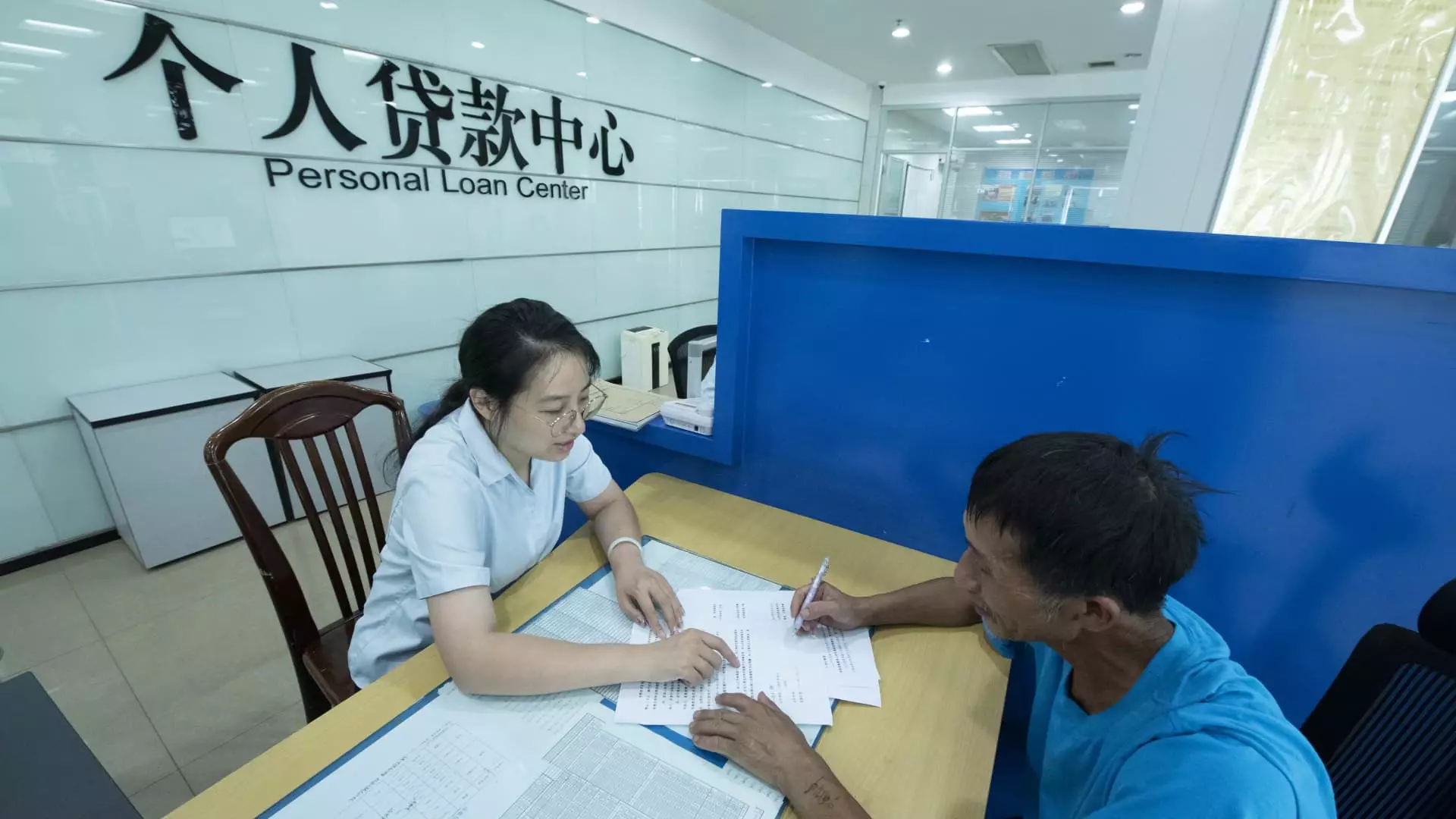China’s housing market has been facing ongoing challenges despite various government stimulus and support measures that have been implemented. According to Haibin Zhu, chief China economist at JPMorgan, the housing market crash is far from over and home prices are not expected to stabilize until at least 2025. Recent data shows only minimal growth in new home sales and a decline in resale home prices, indicating the sector is still experiencing significant difficulties.
Government efforts to support the housing market, such as the proposal to lower homeowner borrowing costs through mortgage refinancing, have been met with skepticism. While some believe that this measure could stimulate consumption, others, like Winnie Wu from BofA Securities, argue that it may have adverse effects. Lower mortgage rates could lead banks to reduce deposit rates, impacting interest income on household savings and potentially causing instability in the financial system.
Despite the government’s attempts to stimulate homebuyer sentiment and overall consumption through measures like mortgage refinancing, experts like JPMorgan’s Zhu remain doubtful about the effectiveness of such initiatives. The ongoing challenges facing the housing market, including declining prices and weak demand for new homes, suggest that more comprehensive solutions are needed to address the underlying issues in the sector.
Looking ahead, it is clear that China’s housing market will continue to face difficulties in the coming years. With home prices expected to remain unstable until at least 2025, the government will need to consider more targeted and sustainable measures to support the sector. Addressing issues such as declining demand, affordability concerns, and financial stability will be crucial to ensuring the long-term health of China’s housing market.
China’s housing market is currently experiencing significant challenges that are likely to persist in the years to come. Government stimulus measures have not been able to provide a lasting solution to the sector’s problems, and more comprehensive strategies will be needed to address the underlying issues. As home prices continue to fluctuate and demand remains weak, it is clear that a more holistic approach is required to stabilize the market and support sustainable growth in the future.


Leave a Reply